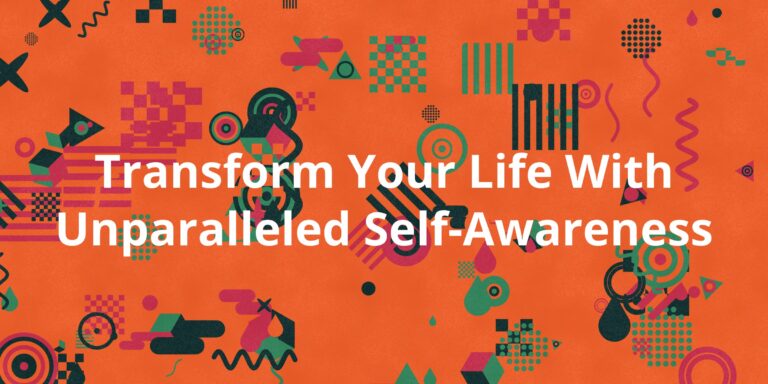Mindfulness is a practice that has been around for centuries, but it’s only in the last few decades that it has gained widespread popularity in the West. It involves paying close attention to your thoughts, feelings, and sensations without judgment or distraction. In this article, we will explore the power of mindfulness for personal growth and how you can master this practice to improve your life.
The Benefits of Mindfulness
There are numerous benefits associated with practicing mindfulness, both for your mental and physical health. Some of these benefits include:
1. Reduced stress and anxiety: When you practice mindfulness, you learn to focus on the present moment rather than worrying about the future or dwelling on the past. This can help reduce feelings of stress and anxiety, as you learn to let go of worries that are beyond your control.
2. Improved emotional regulation: Mindfulness helps you develop greater awareness of your emotions, which can lead to better emotional regulation. By becoming more attuned to your feelings, you can respond to situations in a calmer and more measured way.
3. Increased focus and concentration: When you practice mindfulness, you learn to direct your attention to the present moment, which can improve your ability to concentrate and stay focused on tasks.
4. Enhanced self-awareness: Mindfulness helps you develop a deeper understanding of yourself and your thoughts and feelings. This increased self-awareness can lead to greater personal growth and development.
5. Improved relationships: By becoming more present and attuned to the needs of others, you can improve your relationships with friends, family, and colleagues.
How to Practice Mindfulness
There are many ways to practice mindfulness, but some common techniques include:
1. Meditation: Meditation involves sitting quietly and focusing on your breath or a mantra. By focusing your attention in this way, you can develop greater awareness of your thoughts and feelings.
2. Body scan: A body scan involves lying down and focusing your attention on each part of your body, starting with your toes and working up to the top of your head. As you focus on each part of your body, you can become more aware of any sensations or tension that may be present.
3. Loving-kindness meditation: This involves sitting quietly and focusing on generating feelings of love and compassion for yourself and others. By cultivating these positive emotions, you can improve your overall well-being.
4. Mindful movement: This involves incorporating mindfulness into activities such as yoga or tai chi. By focusing on your movements and sensations in your body, you can develop greater awareness and relaxation.
Incorporating Mindfulness into Your Daily Life
While it’s important to set aside time each day for dedicated mindfulness practice, it’s also important to incorporate mindfulness into your daily life. Some ways to do this include:
1. Being present during meals: Instead of eating quickly while watching TV or scrolling through your phone, try eating slowly and mindfully, savoring each bite and focusing on the flavors and textures of your food.
2. Taking breaks throughout the day: If you work at a desk, take short breaks throughout the day to stretch, breathe deeply, and focus on the present moment.
3. Practicing gratitude: Take a few moments each day to reflect on things you’re grateful for, whether it’s a good cup of coffee or a beautiful sunset. By focusing on positive aspects of your life, you can improve your overall well-being.
Conclusion
Mindfulness is a powerful tool for personal growth and self-awareness. By incorporating mindfulness into your daily life, you can reduce stress and anxiety, improve emotional regulation, increase focus and concentration, enhance self-awareness, and improve your relationships with others. Whether you choose to practice mindfulness through meditation, body scans, loving-kindness meditation, or mindful movement, the key is to be present and attuned to your thoughts, feelings, and sensations without judgment or distraction.



